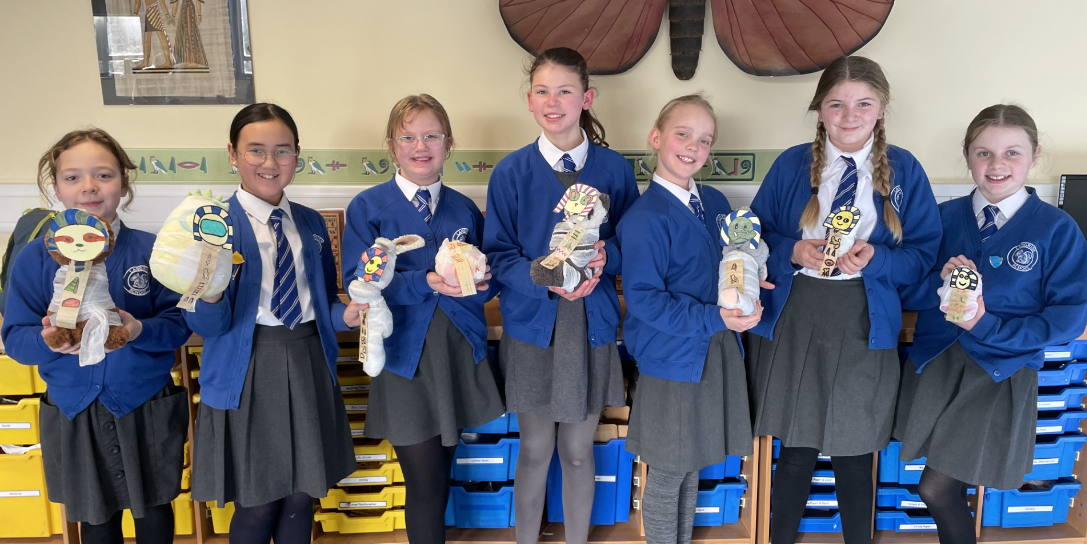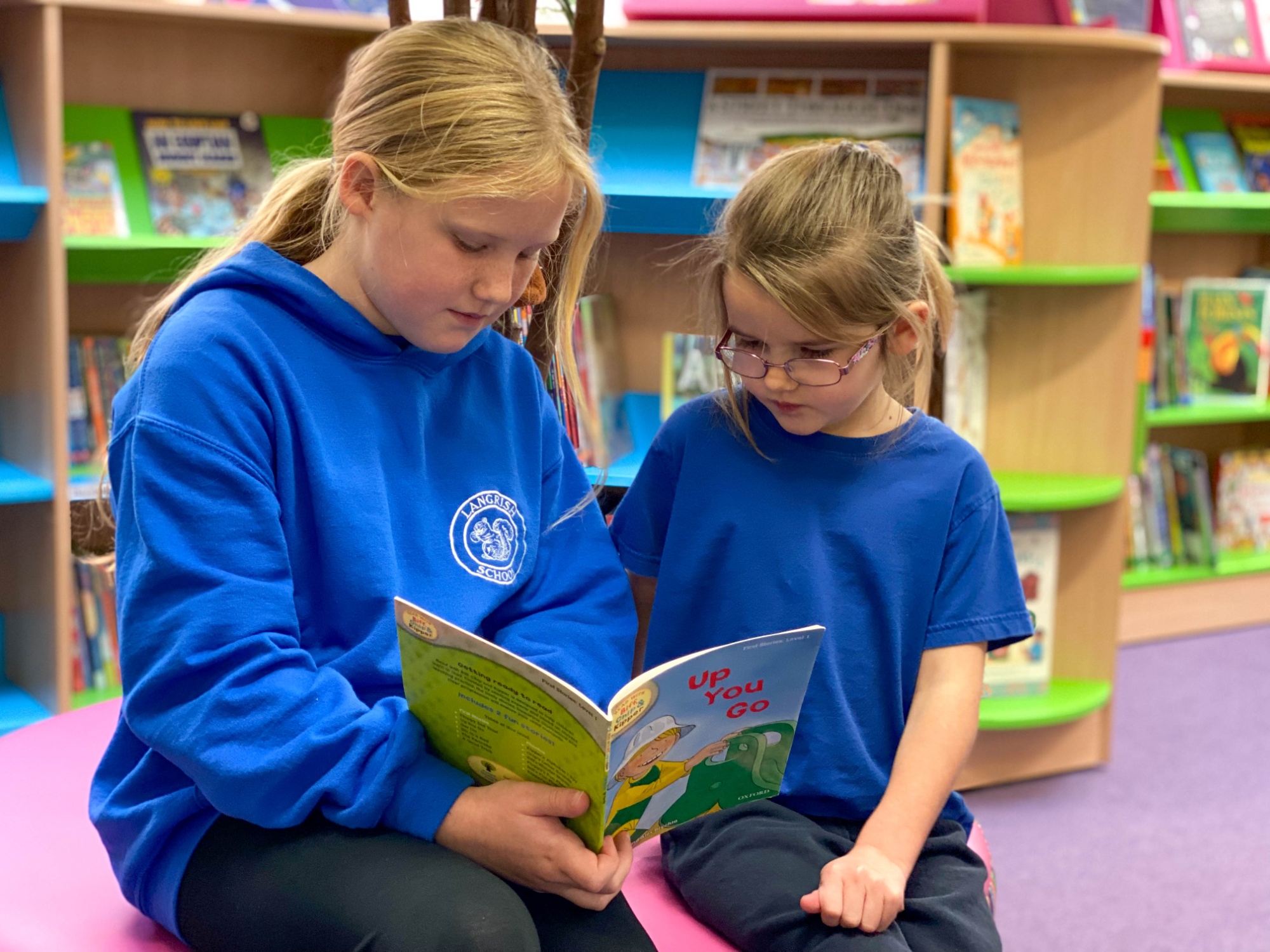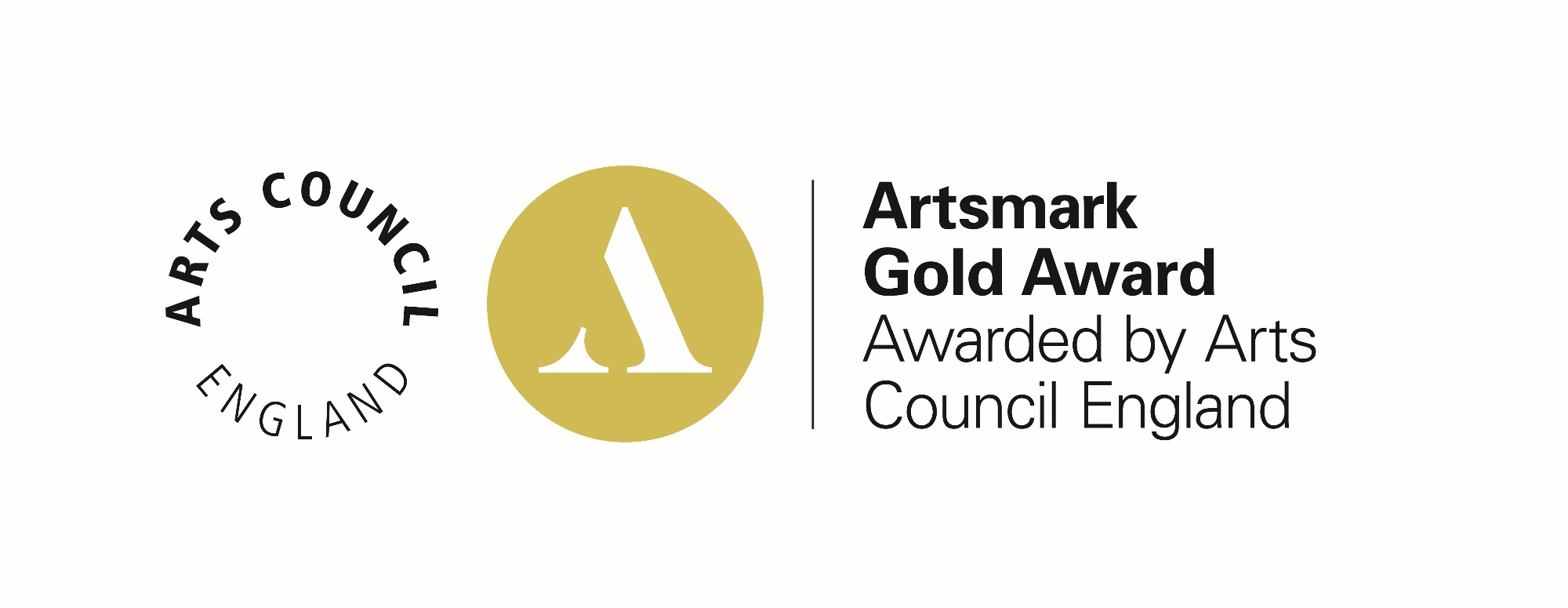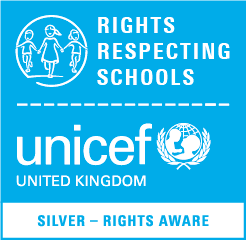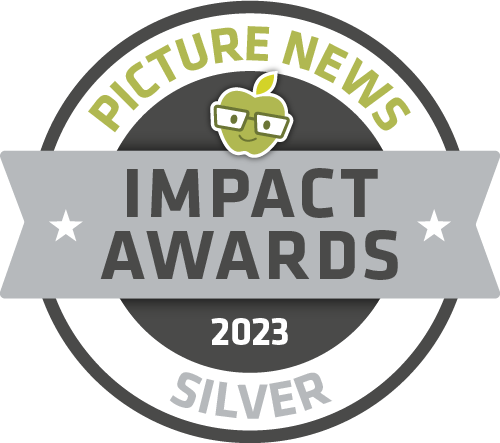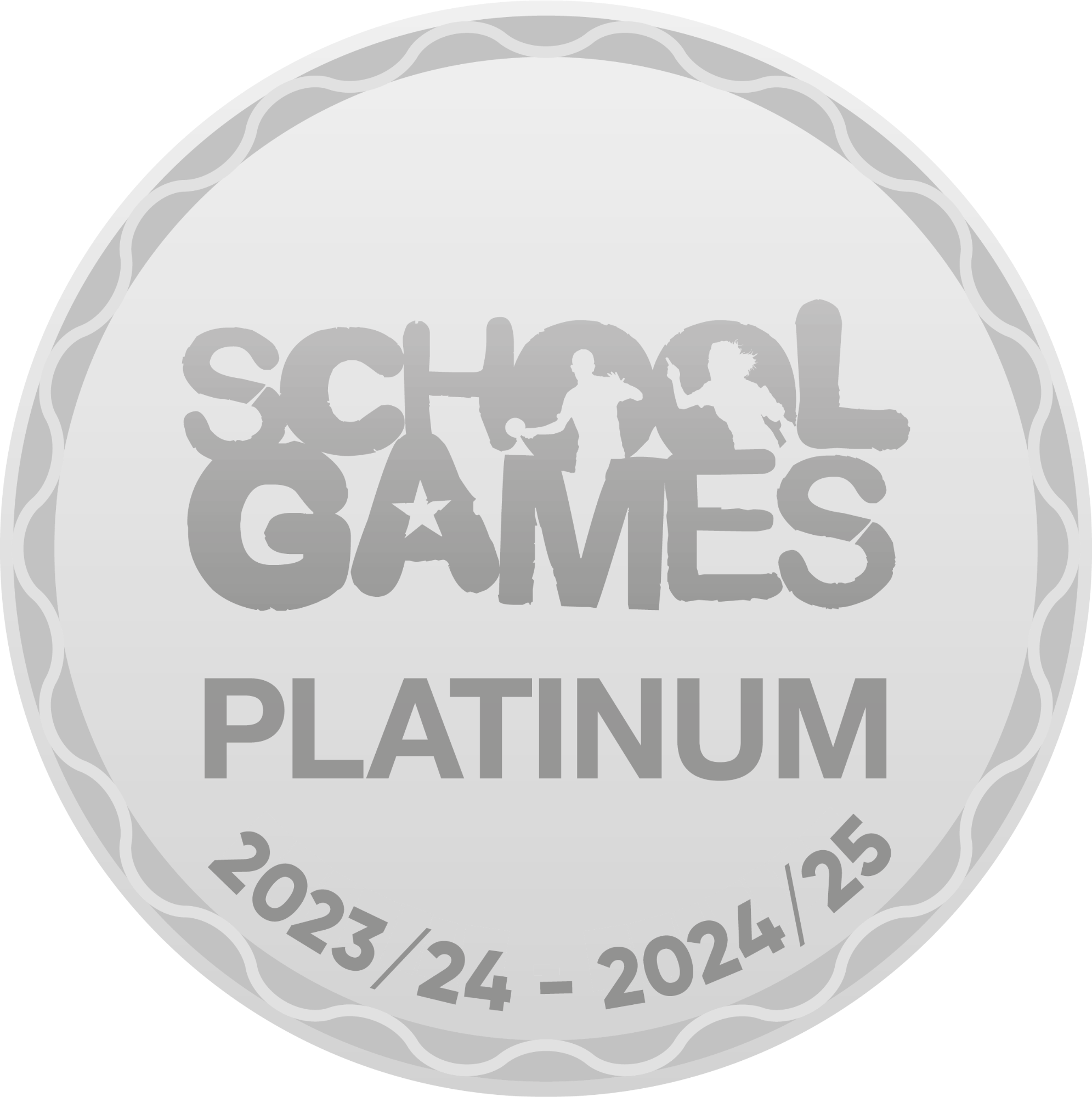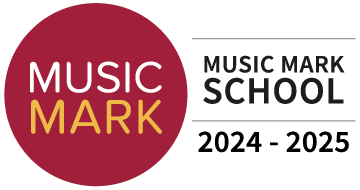History
Welcome to our History page
On this page you will find:
- Our intent statement (what we intend to do, the extent to which our curriculum sets out the knowledge and skills that pupils will gain)
- Our Implementation statement (how we teach it) and our curriculum overview are attached at the bottom of this page, and they include what we teach and when in the school year, how it links to the National Curriculum and what key historical concepts are being taught
- What impact our curriculum has on pupils in the school
- Pupil voice
- Progression in history for KS1 and KS2
- Photos of our learning
We are a school which understands the importance of teaching history, and we encourage the children to develop a passion for learning about the past. We nurture young historians and provide them with the opportunity to question evidence and offer their own opinions. Feedback from pupil interviews show Langrish pupils enjoy learning about the past and are enthusiastic to share what they have learnt.
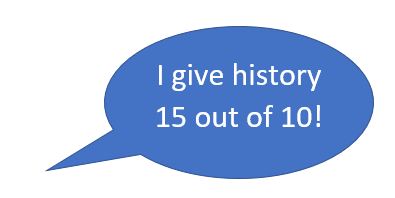
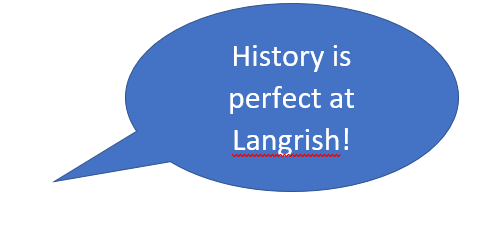
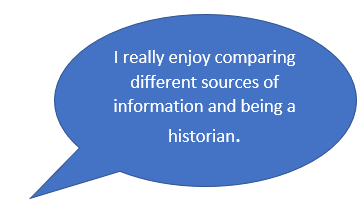
History Intent statement
It is essential that Langrish pupils understand why we teach history and why it is important. This is made very clear in our planning and discussions with the children about how history has changed the world and what we have learnt from it.
We study the past to better understand our life today.
History is taught in a sensitive way, so children can understand that views have changed over time. Children are encouraged to consider key historical events and periods from the perspective of participants from a range of cultures, backgrounds and social classes. The curriculum is well thought through to enable children to know, remember, do and understand more. Enquiry based learning is extremely important and all of our units of work are driven by enquiry.
History begins in the EYFS with 'Understanding the World' (UW). Investigating history in the EYFS lays the foundations for historical learning in Year 1. We are preparing them to develop into young historians. In the EYFS, history is explored through stories, images and artefacts. It is important that the children have a temporal awareness and understand ‘the past’. The children begin with familiar situations (family, community) and move onto the unfamiliar (wider world). We want EYFS history to be knowledge rich (carefully selected nuggets of knowledge that we want them to learn), concept building (e.g. sense of change, awareness of significance) and language rich, with an emphasis on building subject vocabulary that develops basic but accurate substantive knowledge. Chat mats are a useful tool to help our youngest learners notice change through time.
Across the school, we begin our units of work with a clear focus on continuing to develop the children’s chronological awareness. It is important that the pupils use accurately spaced timelines effectively and this can be seen in classrooms. We emphasise interval distances between events, e.g. The Stone Age lasted a lot longer than Roman Times in Britain. We also ensure the children understand the vocabulary associated with each unit and are able to use this in their learning. Vocabulary is revisited and then built on throughout the Key Stages. Each unit has a key question that drives the enquiry; however this can be taken in many different directions, encompassing diversity within the topics and the lives of those who may not typically be considered.
Chronology: A paper time-line to demonstrate how long ago the Stone Age was.
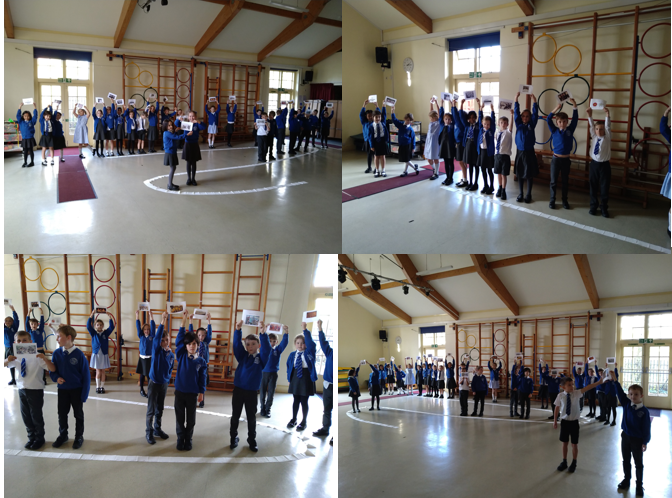
We encourage our pupils to have an interest and curiosity about history. The children have opportunities to ask valid historical questions and pursue their own lines of enquiry. There is a creative balance between teacher-directed learning and independent learning. Research activities are matched by high levels of cognitive challenge. The children learn historical skills throughout, e.g. the ability to analyse historical sources and discuss their thoughts openly. Home learning projects create the opportunity for children to research areas they are most interested in. They are then shared with the class to further develop knowledge and skills.
SEND, inclusion & adaptation:
We believe that all learners should access quality first teaching and be immersed in class discussions during history lessons. Therefore, our learners all access the same learning but will be given appropriate support and a tailored approach to suit each individual’s needs. Strategies used to support our learners include:
- Making sure our lessons include a mixture of auditory, visual and kinaesthetic experiences
- Ensuring the children have plenty of hands-on experience
- Giving opportunities for the children to work in pairs or groups
- Giving adult support where needed
- Using a range of different sources (not just written ones)
- Scaffolding and modelling
- Revisiting, reviewing and retrieving prior knowledge
- More time allocated to process information or instructions broken down into manageable chunks
- Utilising different methods of technology to record findings, such as laptops, visualisers and Easi-speak microphones
All pupils will have the opportunity to work independently, in pairs and as a group, depending upon the task. It is important to us that the pupils have these opportunities as they need to be able to discuss and express their own opinions and justify them. They may then change their ideas after reasoned debates from the person they are working with.
Implementation:
Curriculum planning and organisation:
Provision in history has been carefully designed to ensure both continuity with prior learning and progression from the EYFS to Year 6 in:
- Substantive knowledge (curriculum content) - what our pupils will know by the end of the unit of work
- Substantive concepts - For example, one substantive concept to develop might be the idea of legacy. This might be a concept that the children develop across the primary stage as they are exposed to the idea throughout a number of learning units. The progression and complexity of the children’s understanding is then built over time
- Disciplinary knowledge - the subject skills and techniques our pupils will master and apply in order to understand the significance of what they know e.g. change and continuity, characteristic features
- The acquisition of additional subject specialist vocabulary and technical terms, in order to communicate pupils understanding effectively
This continuity, sequencing and progression in History provision is detailed in the documentation at the bottom of this page.
Through this careful planning and organisation, our pupils' knowledge and understanding of History develops because:
- The curriculum becomes progressively more complex developing from discrete facts and bodies of information to generalised knowledge about more abstract ideas
- The mastery application of historical techniques and skills occurs in more precise and complex concepts
- The focus of what pupils learn becomes gradually more focused to ensure that they not only know more but can do more as young historians
Each year group has three units of History across the year. Learning is taught weekly as a discreet lesson, although some units lend themselves to a special theme day. Knowledge is revisited through a range of activities, such as guided reading and quizzes. This is to help with reinforcing long-term memory of substantive knowledge.
Impact
At Langrish Primary School, we pride ourselves on providing a rich, diverse and varied history curriculum. Substantive concepts are revisited throughout the school, alongside chronology at the forefront of all units. Timelines are extremely important and, as the children move through the school, they understand how events and periods overlap in Britain but also worldwide. They make links between what is happening in Britain and in the world at the same time as the event / person / era they are learning about. Questioning is also very important, and we model questions to ensure the children have the right vocabulary. We encourage children to become detectives by asking questions and investigating a variety of sources.
Throughout a child's history journey at Langrish Primary School they will experience a range of school trips, visitors and history theme days. These enrich the curriculum and 'make history come alive', supporting children's understanding of significant aspects of history and the wider world.
Visitors are used as powerful hooks for learning or consolidation. A visit from 'Samuel Pepys' in Year 1 provides children with the opportunity to use questioning. We make good use of artefacts boxes.
Through pupil interviews, the children comment on the enjoyment and learning experience these visits and visitors provide. Roman and Early Civilisation theme days allow the children to experience a range of cross-curricular learning. Pupils have the chance to act in role as Roman soldiers and discuss which army formations are the most successful. They also learn the importance of water in the Early Civilisations. This full immersion helps make the history memorable and really engages the children.
Children in Langrish Primary School have a love of history and show positive attitudes to their learning. They progress well throughout each key stage and have a breadth of knowledge and skills when they leave.
By the time the children leave, they are able to sequence events chronologically within the period studied and in a wider context of events learnt. Pupils reach informed conclusions and make reasoned judgements using increasingly specialised vocabulary as they select, evaluate and justify their use of relevant sources to help them understand aspects of wider world history, make links between time periods and appreciate that the past can be interpreted in different ways.
Pupil Voice:
Following pupil interviews, a History Club will be offered in the spring term. The children are very keen to learn more about historians and how they learn about the past. They also have lots of suggestions about people, events and periods they would like to study through the club.
The children were also questioned as to what else they would like to learn about in lessons. Many children said they would like to learn about a range of significant individuals, so a new unit has been introduced this year in Year 4 to incorporate the children's choices.
History in action across the primary age range
Year R: The King's Crown
Similarities and differences: I know some similarities and differences between things in the past and now, drawing on my experiences and what has been read in class
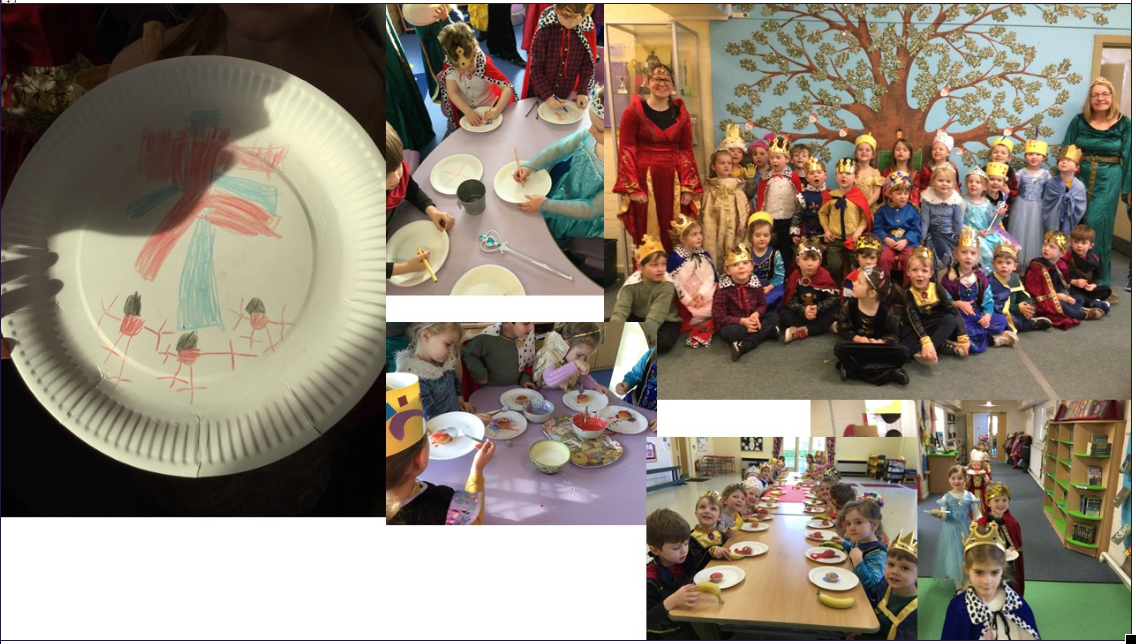
Year 1 Journey Back in time
Chronology: What were toys like in the past?
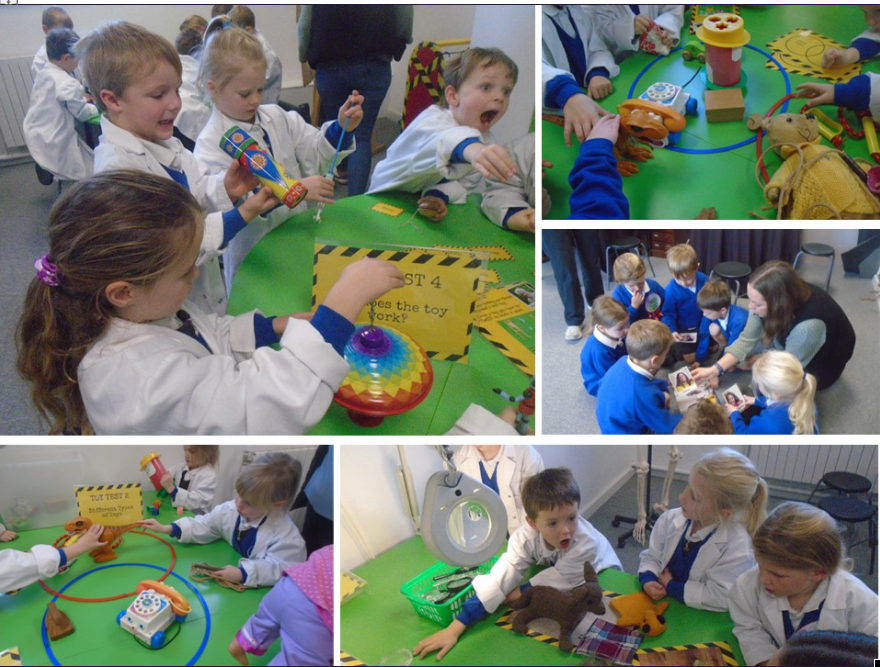
Year 2 Sea City Museum (Titanic)
Cause and Consequence: I can describe in simple terms the cause and consequence of an important historical event.
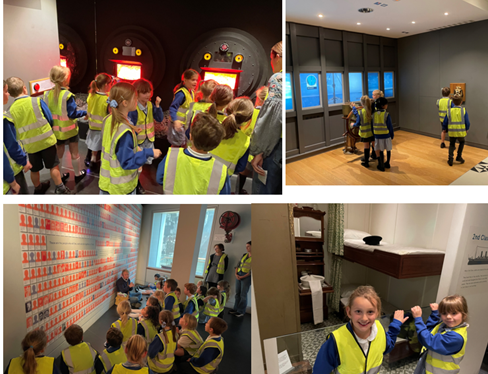
Year 3 Roman Day in school
Characteristic features: I can describe the main features associated with the period
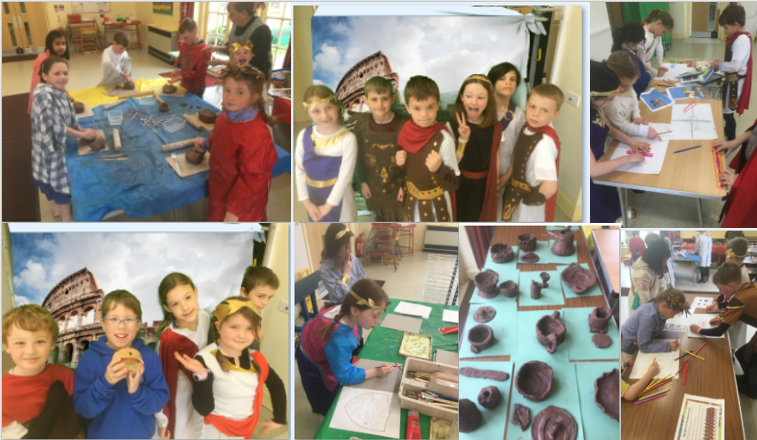
Year 3 Mary Rose visit
Cause and consequence: I can describe the causes and/or consequence of an important historical event offering more than one example of its results.
c
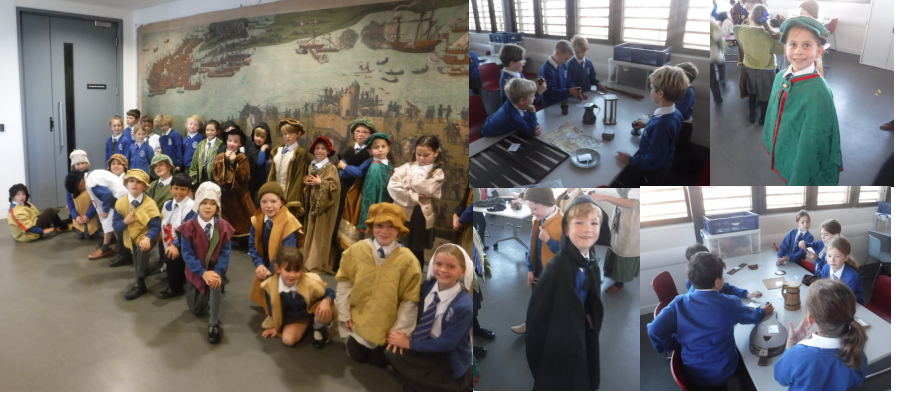
Year 4 Anglo-Saxon visit to Winchester
Historical interpretation: I can describe how different interpretations arise
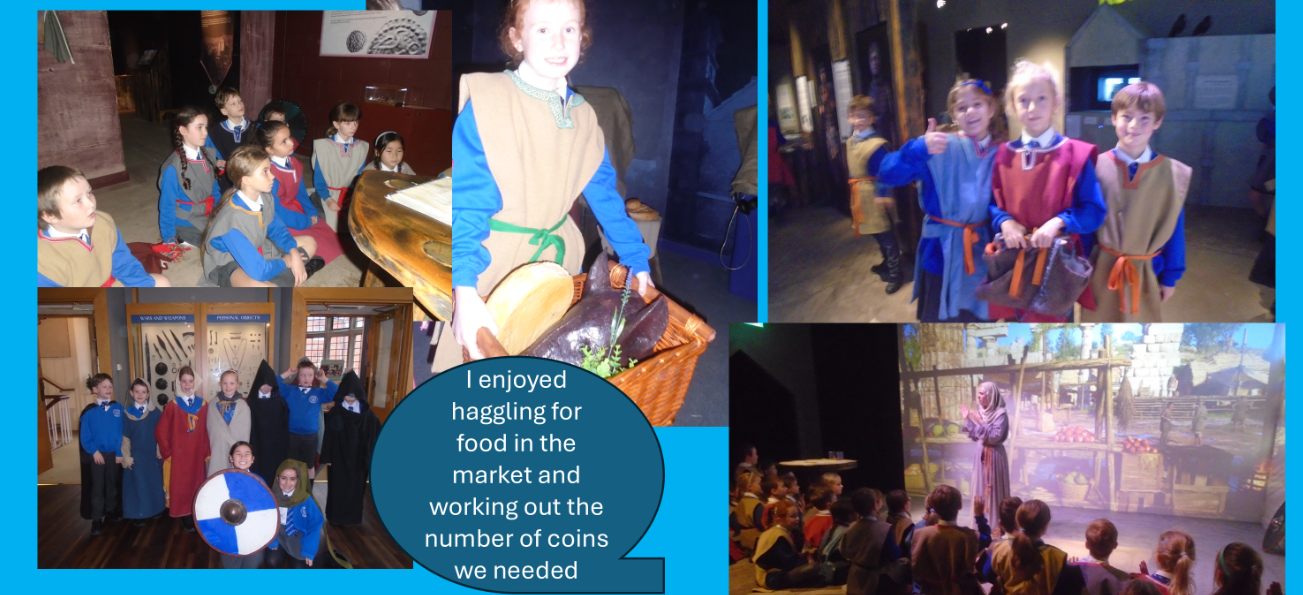
Year 5 Ancient Civilisation Day in school
Characteristic features: I can understand that some past civilisations in different parts of the world have some important similarities.
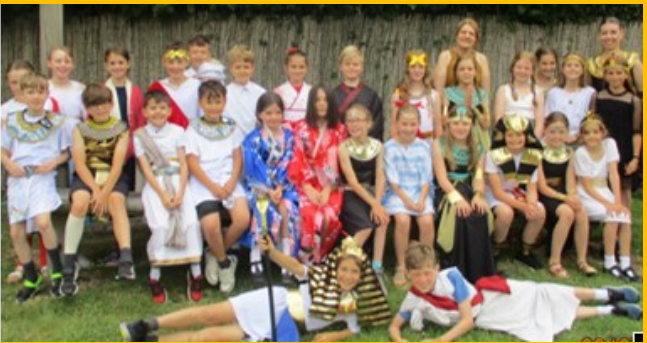
Chronology: I can contrast and make some significant links between civilisations/periods studied
